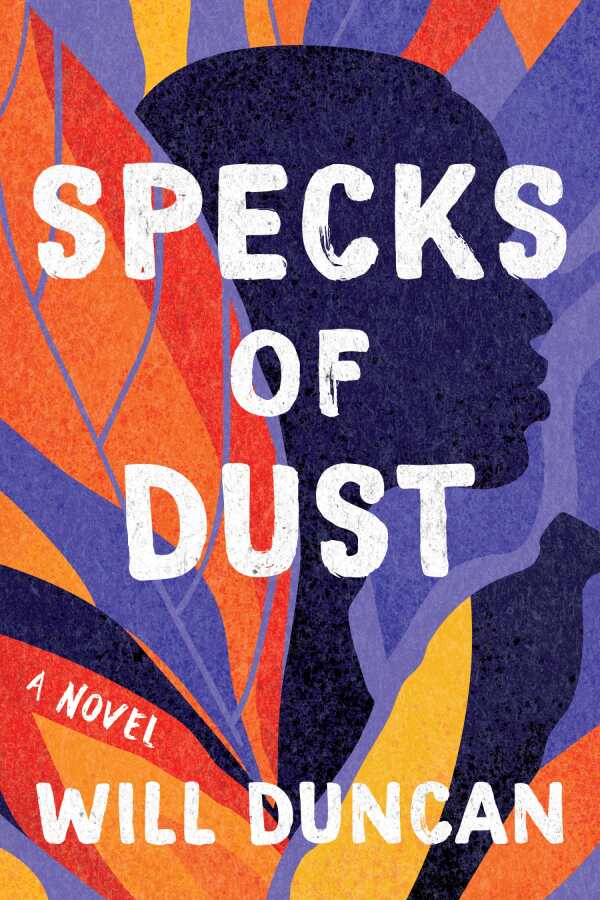
Specks of Dust
Specks of Dust is a riveting novel in which a sensitive young man takes an international route into his adulthood.
In Will Duncan’s heartrending novel Specks of Dust, a Ugandan man comes of age.
Soon after his father is killed, Umaru goes to crowded Kampala, where he lives without the protection of his family members. He learns to rely on other street children who survive by stealing and who soothe themselves by huffing gasoline. Later sponsored by a white pastor to attend school, Umaru goes on a trip to Chicago and runs away. Passing as American, he questions his identity, asking to whom he owes loyalty.
Umaru is a complex hero with a complicated past; a sense of who he is develops as he acts and speaks with others. He fulfills a heroic archetype as a deep thinker who strives to understand other people and to achieve personal stability. It’s not easy: caught in the economic and political upheavals of modern Ugandan society, he is exploited by his countrymen as well as by white tourists and missionaries. His neighborhood friends, who understand all that he’s been through, seem to be the only people he can trust. But his moral code, which requires loyalty to his friends, is tested by opportunities to leave the city for a better life as an educated Christian.
The prose includes figurative flourishes and evocative images—sometimes for sheer pleasure, sometimes to make unfamiliar situations feel familiar. Feeding programs offered by Westerners to the Kisenyi children, for example, are likened to the rainy season that gives brief “relief and vitality” from more usual, extensive droughts.
The novel is bookended by journal entries from the white pastor who sees himself as Umaru’s benefactor. The journal entries show, without judgment, how the pastor’s cultural assumptions block his ability to truly understand Umaru. Here and elsewhere, ineffectual, feel-good volunteerism is critiqued. The international conditions that lead to widespread, chronic PTSD in Ugandans are observed as people suffer in high-stress environments as they face deep poverty, family disruptions, forced military service, the AIDS epidemic, and violent displacements accompanying gentrification.
While the journaling device foregrounds the white experience, it also demonstrates the limitations of that perspective. Between these bookends, the story centers Umaru to its benefit, weaving his recent past in Uganda with his sojourn in the US. Both sections of the narrative begin in desperate situations, with the story working forward and backward in time to establish people’s motivations. The result is a tense, suspenseful novel whose dual time frames run on parallel tracks toward a collision.
Specks of Dust is a riveting novel in which a sensitive young man takes an international route into his adulthood.
Reviewed by
Michele Sharpe
Disclosure: This article is not an endorsement, but a review. The publisher of this book provided free copies of the book and paid a small fee to have their book reviewed by a professional reviewer. Foreword Reviews and Clarion Reviews make no guarantee that the publisher will receive a positive review. Foreword Magazine, Inc. is disclosing this in accordance with the Federal Trade Commission’s 16 CFR, Part 255.
